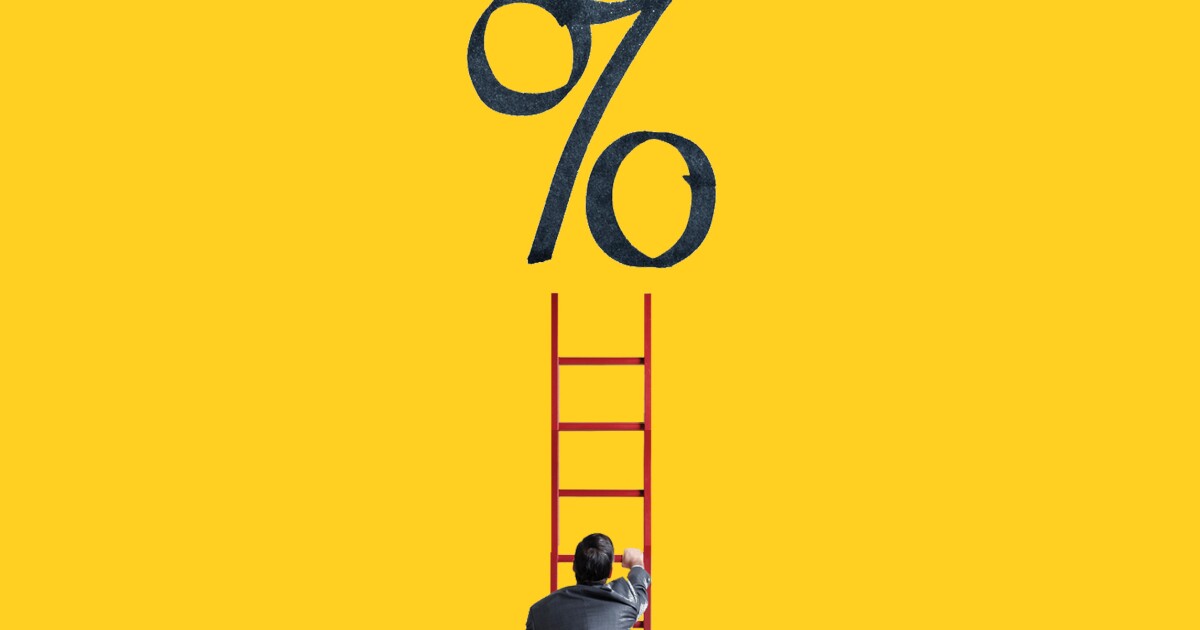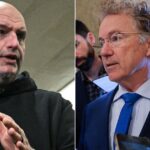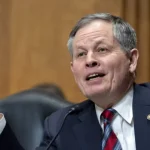

Inflation is going to pack a one-two punch for voters and consumers ahead of the midterm elections.
The first is inflation itself, manifested in the rise in consumer prices, which is cooling slower than economists expected. The second blow is the continuing rise in interest rates to get inflation under control, which will also hit wallets.
This unpleasant combination could keep the least flattering economic headlines on the front page, raising questions about whether President Joe Biden and his team declared victory over inflation prematurely.
Higher interest rates will make payments on credit cards, car loans, and mortgages more expensive, hitting consumers right where it hurts on core parts of their family budgets right as voters make up their minds in competitive races and head to the polls in November.
After the Federal Open Market Committee had a two-day meeting in Washington, the Federal Reserve said it would increase the interest rate target by three-quarters of a percentage point (or 75 basis points). This is the third consecutive rate hike of that scale as the Fed gets serious about taming inflation, no matter the cost.
“We have both the tools we need and the resolve it will take to restore price stability on behalf of American families and businesses,” Federal Reserve Chairman Jerome Powell said. “Over the coming months, we will be looking for compelling evidence that inflation is moving down, consistent with inflation returning to 2%. We anticipate that ongoing increases in the target range for the federal funds rate will be appropriate.”
The consumer price index showed inflation raging at an 8.3% annual rate in August, much hotter than the economic consensus anticipated. This made further rate hikes before the elections inevitable.
This leaves the Fed’s interest rate target at 3% to 3.25%, the highest it has been since the financial crisis in 2008. That is up 2.25% in the last four months as part of the most aggressive rate-hiking that America has seen since the last big wave of inflation was brought under control in the 1980s, essentially ending stagflation as a political issue for a generation.
That combination of high interest rates, rampant inflation, and sluggish economic growth brought an end to a period of Democratic dominance in national politics. Even when Democrats finally recaptured the White House a dozen years later, in 1992, they did so by eschewing promises of Great Society-style big spending, talking up low inflation, and promising to stimulate economic growth through lower interest rates.
All this has to concern Biden, who has presided over two quarters of negative economic growth in addition to inflation running at a 41-year high. While he has touted deficit reduction, he has also sought large increases in federal domestic spending as the cornerstone of his policy agenda.
The labor market has remained strong enough to argue that the economy is not yet technically in a recession. But there is no guarantee that this will continue. Even President Ronald Reagan had to contend with the economy dipping into a recession, with unemployment spiking to 10.8% ahead of the 1982 midterm elections, as the price for the Fed finally whipping inflation.
Biden may avoid that fate, though further rate hikes do raise the risk of a recession. And if Democrats dodge the bullet this year, it is possible a more serious economic slowdown could occur closer to 2024.
A more immediate risk to Biden is a “Mission Accomplished” moment on inflation. He has touted low monthly increases in inflation, telling 60 Minutes it was up just “an inch” in the month that spurred the Fed to take its latest actions and speaking of “zero” inflation the month before.
The White House has repeatedly hyped any reduction in gasoline prices, as the energy sector was central to their hopes that inflation was cresting. But this has understated the high prices of other essential goods, including groceries.
Biden and congressional Democrats held a party at the White House celebrating the passage of the Inflation Reduction Act, complete with a performance by singer-songwriter James Taylor, on the same day the 8.3% inflation figure was announced. Stock markets closed at a nearly two-year low as the president, Senate Majority Leader Chuck Schumer (D-NY), and House Speaker Nancy Pelosi (D-CA) lavished praise on their legislative handiwork — which many economists do not think will live up to its promises of actually reducing inflation, especially in the short term.
Inflation has ranked near the top of public concerns throughout this year, mostly to the detriment of Democrats. Now interest rates may join them, making it difficult for Biden and his party to change the subject.







